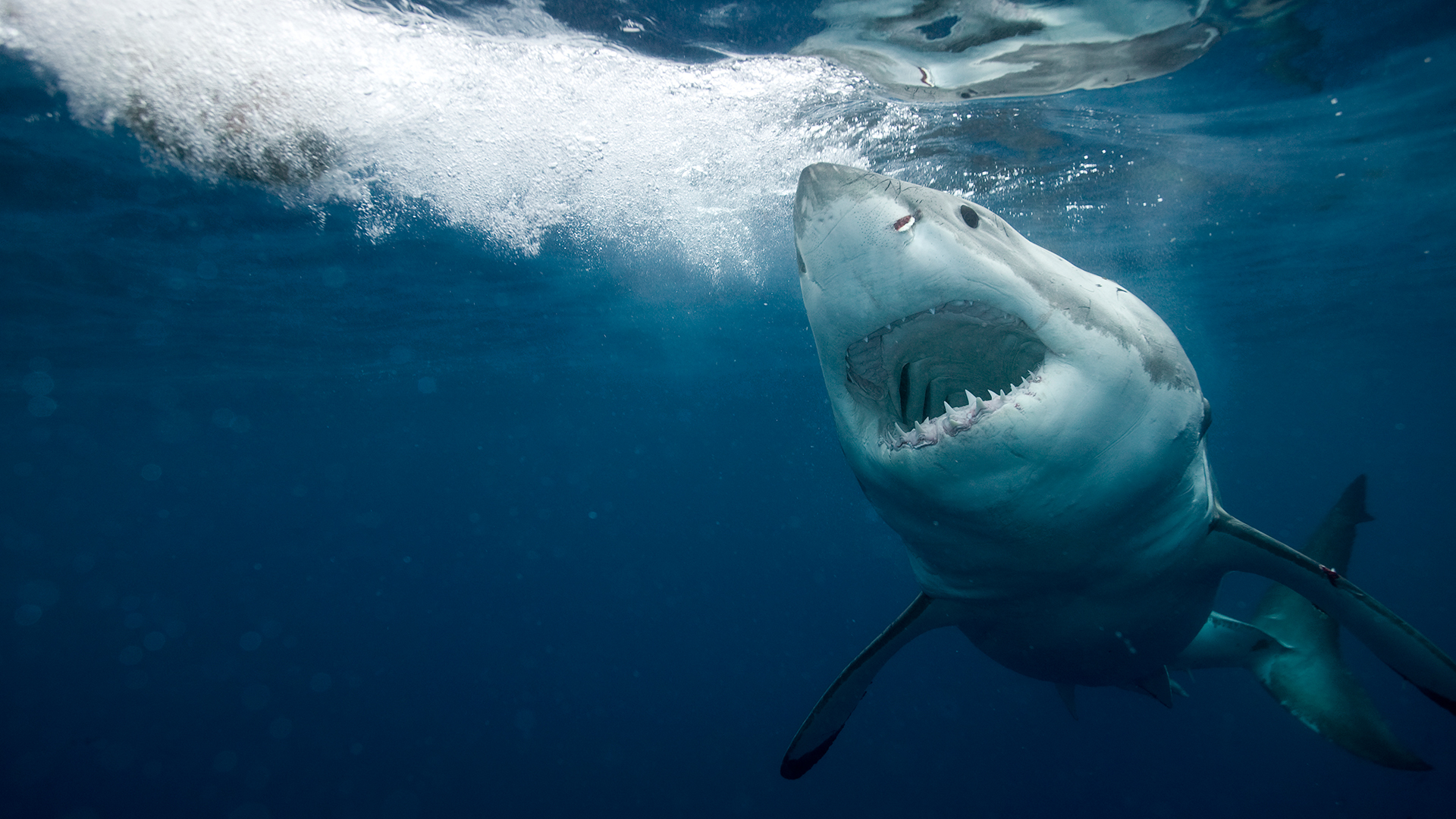Great white sharks are washing up on Canadian beaches — but experts claim this could be a good thing
More great white sharks are stranding on Canadian beaches than usual, which could be a sign that the population of this threatened species is rising.

Get the world’s most fascinating discoveries delivered straight to your inbox.
You are now subscribed
Your newsletter sign-up was successful
Want to add more newsletters?

Delivered Daily
Daily Newsletter
Sign up for the latest discoveries, groundbreaking research and fascinating breakthroughs that impact you and the wider world direct to your inbox.

Once a week
Life's Little Mysteries
Feed your curiosity with an exclusive mystery every week, solved with science and delivered direct to your inbox before it's seen anywhere else.

Once a week
How It Works
Sign up to our free science & technology newsletter for your weekly fix of fascinating articles, quick quizzes, amazing images, and more

Delivered daily
Space.com Newsletter
Breaking space news, the latest updates on rocket launches, skywatching events and more!

Once a month
Watch This Space
Sign up to our monthly entertainment newsletter to keep up with all our coverage of the latest sci-fi and space movies, tv shows, games and books.

Once a week
Night Sky This Week
Discover this week's must-see night sky events, moon phases, and stunning astrophotos. Sign up for our skywatching newsletter and explore the universe with us!
Join the club
Get full access to premium articles, exclusive features and a growing list of member rewards.
A record number of great white sharks have washed up in Canada over the past year. But perhaps surprisingly, this spate of dead shark reports may actually be a good sign for the local great white population, experts say.
On Aug. 7, a beachgoer on Prince Edward Island reported seeing a nearly 9-foot-long (2.7 meters) shark stranded on the shore of Greenwich Beach, along the Gulf of St. Lawrence.
The juvenile was the fourth great white shark (Carcharodon carcharias) stranding reported on Canada's Atlantic coast in the past year, Marine Animal Response Society (MARS) representatives wrote on Facebook.
That's compared with just one or two white shark strandings reported in the prior two decades, said Tonya Wimmer, executive director of MARS, a Canadian nonprofit organization.
This glut of recent sightings could be good news if it means the population of this threatened species is growing.
"We're all crossing our fingers," Wimmer told Live Science.
Since October, the four white sharks have washed up on the shores of Nova Scotia, New Brunswick and Prince Edward Island, Wimmer said, meaning they were spread out all over the Atlantic region of Canada. Three of them have been juveniles and one was an adult, she said.
Get the world’s most fascinating discoveries delivered straight to your inbox.
The most recent stranded shark was taken for a necropsy and had no immediate signs of trauma, MARS representatives wrote.
It's possible that this recent spate of sightings is because people are reporting stranded sharks more often, Wimmer said. But while there isn't yet solid data showing that the Canadian white shark population is definitely growing, anecdotal reports suggest there are more sharks now than before.
"There's generally a sense that there seems to be more sharks," Wimmer said.
Great white sharks in the Atlantic are listed as "endangered" under Canadian federal law, with the government noting that the population in the northwest Atlantic has declined more than 70% since the 1960s as a result of bycatch from fishing.
Bycatch of white sharks is more common in the U.S. than in Canada, according to the Canadian government. But just south of Atlantic Canada, around Cape Cod, the white shark population has made a remarkable recovery as the local seal population — the sharks' favorite food — has increased.

Ethan Freedman is a science and nature journalist based in New York City, reporting on climate, ecology, the future and the built environment. He went to Tufts University, where he majored in biology and environmental studies, and has a master's degree in science journalism from New York University.
 Live Science Plus
Live Science Plus










